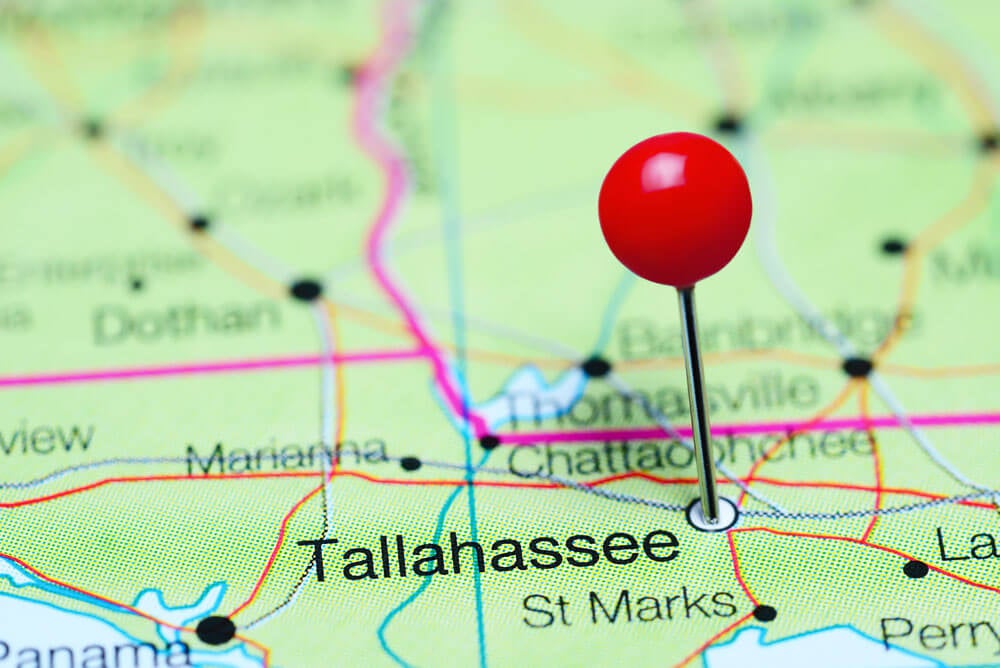
Supporters of religious liberty can claim another major victory in Florida with the state’s new law that protects religious freedom in public schools. The “Florida Student and School Personnel Religious Liberties Act” (SB 436), signed into law by Governor Rick Scott, went into effect July 1, 2017.
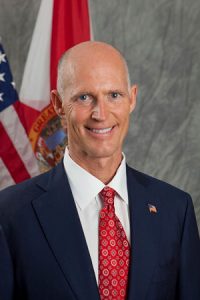 Florida Governor Rick Scott
Florida Governor Rick ScottThis law codifies existing case law protecting students’ rights to religious expression in public schools and prohibiting discrimination against students, parents, or school employees based on religious expression.
First Liberty Deputy General Counsel Jeremy Dys commented, “Having defended numerous clients in Florida whose religious liberty rights were unlawfully violated, First Liberty welcomes legislation prohibiting discrimination on the basis of religion. This law could make legal action less likely because it could curb discrimination. And if discrimination occurs that violates this law, a remedy in court will be easier to obtain.”
GUARDING RELIGIOUS FREEDOM IN PUBLIC EDUCATION
The new Florida law guarantees expansive religious liberty protections for students in public schools. But the law doesn’t stop there—it also bans schools from discriminating against parents and employees of faith. The law states:
“A school district may not discriminate against a student, parent, or school personnel on the basis of a religious viewpoint or religious expression. A school district shall treat a student’s voluntary expression of a religious viewpoint on an otherwise permissible subject in the same manner that the school district treats a student’s voluntary expression of a secular viewpoint.”
The law also includes several specific provisions protecting the rights of students to express their faith in cases where similar nonreligious expression is permitted. These provisions—and many other provisions in the law—include the following:
While First Liberty Institute did not advise on Florida’s new law, First Liberty has given advice to state legislatures and Congress in the past on the wording and constitutionality of religious freedom legislation.
MAKING A DIFFERENCE FOR RELIGIOUS LIBERTY
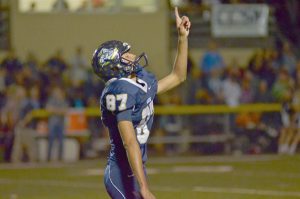
Florida’s new law was, however, directly influenced by one of First Liberty’s Florida cases: Cambridge Christian Schools, in which two private Christian schools that had made it to the Florida state high school football championship were banned from offering a pre-game prayer.
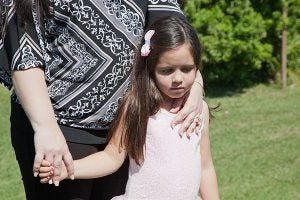
In recent years, First Liberty Institute’s legal team has intervened on behalf of multiple students in Florida. For example, when five-year-old Gabriella Perez bowed her head to pray over her lunch in Seminole County, a school employee instructed her to stop. Gabriella protested, saying “But it’s good to pray.” However, the school employee said, “It is not good.” First Liberty Institute took action and the school ceased its discrimination against Gabriella.
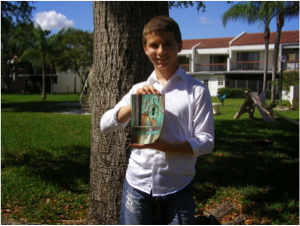
In Ft. Lauderdale, fifth grader Giovanni Rubeo was reading his Bible during a designated free reading time when his teacher told him to put the Bible on her desk because it was not allowed in her classroom. First Liberty sent a demand letter, after which the school district claimed that Giovanni was banned from reading the Bible during time reserved for the school district’s Accelerated Reader® Program. However, the school reversed course when First Liberty pointed out that books of the Bible were already on the list of approved books for this program.
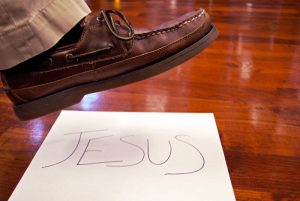
Florida Atlantic University student Ryan Rotela refused to participate in an assignment requiring him to write “Jesus” on a piece of paper and stomp on it. His report of the incident to school authorities earned Ryan a suspension. After hearing from First Liberty and having a closed-door meeting with a First Liberty attorney, the university apologized and removed all references to the incident from Ryan’s academic record. Florida Governor Rick Scott even got involved in this case and sent a letter to the school.
Victories in these cases and others brought much needed public attention to the environment of hostility toward religious beliefs and expression in public education, from elementary school cafeterias up to college classrooms. But, none of these students should have needed a lawyer to exercise their civil rights.
STUDENTS AND TEACHERS HAVE RELIGIOUS LIBERTY RIGHTS AT SCHOOL
Almost 50 years ago, the Supreme Court ruled that “It can hardly be argued that either students or teachers shed their constitutional rights to freedom of speech or expression at the schoolhouse gate” (Tinker v. Des Moines Independent Community School District, 1969).
Despite this holding by the Supreme Court, First Liberty continues to defend religious liberty violations in the sphere of public education, such as the cases described above.
Thankfully, elected officials in Florida saw the need to take action to protect the religious liberty of the state’s students. With the passage of the “Florida Student and School Personnel Religious Liberties Act”, the state of Florida has made it clear that the Sunshine State values and protects the religious freedom of its public school students.
For information about religious liberty in the public schools, download First Liberty’s free Religious Liberty Protection Kit for Students and Teachers.
News and Commentary is brought to you by First Liberty’s team of writers and legal experts.